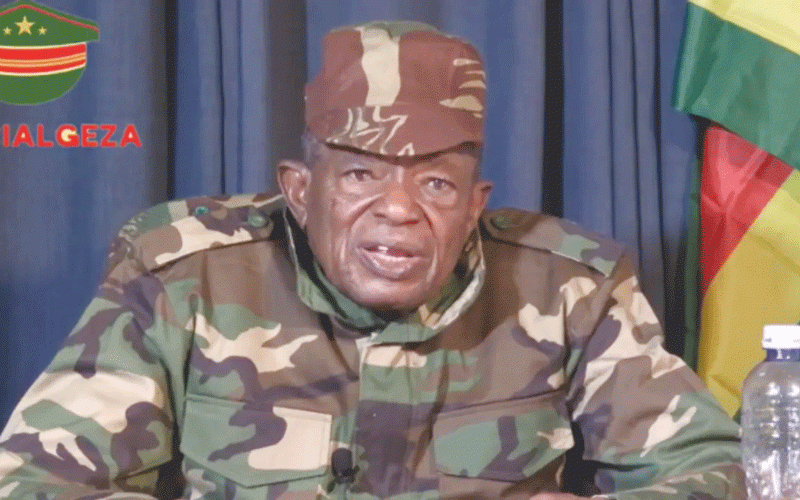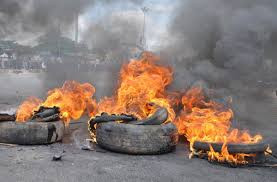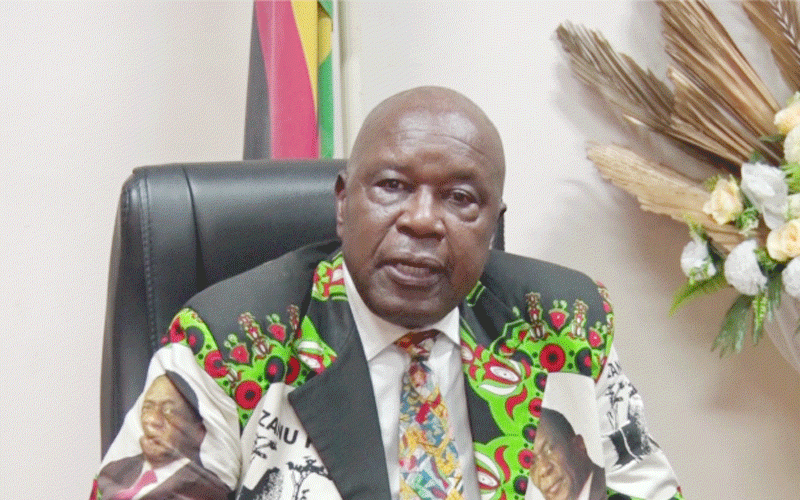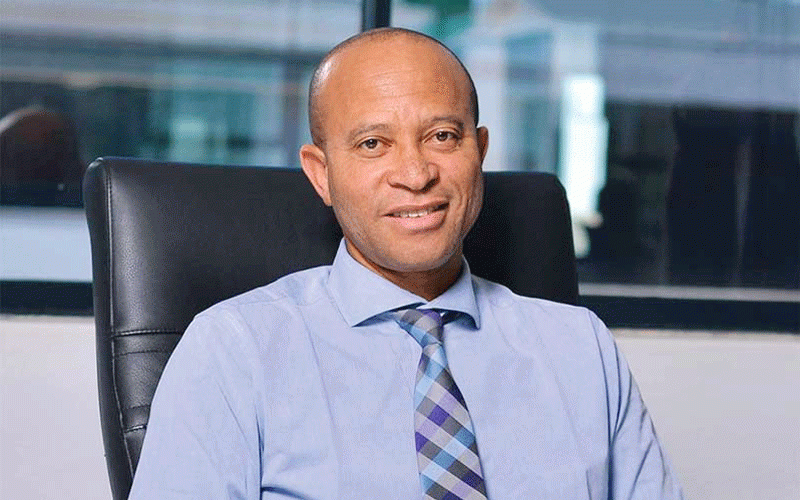OPPOSITION Citizens Coalition for Change (CCC) leader Nelson Chamisa has embarked on a diplomatic offensive to court the support of regional leaders in his party’s push for free and fair elections in Zimbabwe.
President Emmerson Mnangagwa said he will announce election dates next month.
CCC has raised concern that the electoral field is not level, but skewed to produce a disputed election.
Chamisa yesterday could not immediately reveal more details about his foreign meetings citing diplomatic protocols, but said the reception he received abroad was convincing.
“We are on diplomatic offensive each day as we have been reaching out to the hearts of all Zimbabwe for change in Zimbabwe,” Chamisa told The Standard.
“We want to make sure that Zimbabwe is friends with all and we are not a pariah state or a Banana Republic.
“We have a speed dial for those who matter for purposes of helping Zimbabweans to deal with their own issues.
“Ultimately as Zimbabweans, we have the power and capacity to solve our problems, but we need the helping hand and solidarity of the global community to fix our own issues.
“That’s why we are reaching out.”
Chamisa said global solidarity was critical as the country moved closer to the elections.
“The liberation struggle was possible because of the solidarity from the then Yugoslavia, Norway, Scandinavian countries, Russia and even China,” he said.
“We are leaving no stone unturned.
“The beauty is that Zimbabweans are not alone. They have the support of the globe. They have support across the globe.”
CCC has raised various complaints about electoral irregularities and malpractices.
It also accuses the Zimbabwe Electoral Commission of refusing to release the voters’ roll for an independent audit.
CCC says it has previously engaged regional institutions such as the South African Development Community (Sadc), African Union (AU) and the United Nations among others over the need to implement electoral reforms.
“I know for a fact that internationally, there is a chorus for a credible election in this country,” Chamisa said.
“And the chorus is definitely an echo to the call and clamour by all citizens that certain things — reforms have to be put in place.”
Political analysts said Chamisa’s meetings with foreign leaders were critical, but acknowledged they had limited influence on the country’s electoral process.
“It's appropriate for him to meet foreign leaders to seek solidarity and new ideas, but he must not be under any illusion that the meetings will yield results to directly influence the call for Mnangagwa to implement the needed electoral reforms,” political analyst Eldred Masunungure said.
“But he has to do it.
“He should not think they will necessarily intervene in the issues, but it will definitely help him get new ideas or just knowing he has solidarity.”
Masunungure said the AU and Sadc have let Zimbabwe down before.
“The most active of all the African regional bodies is Ecowas (Economic Community of West African States) otherwise, others like Sadc, they exist but only in name, so Chamisa should not entirely rely on them,” he added.





